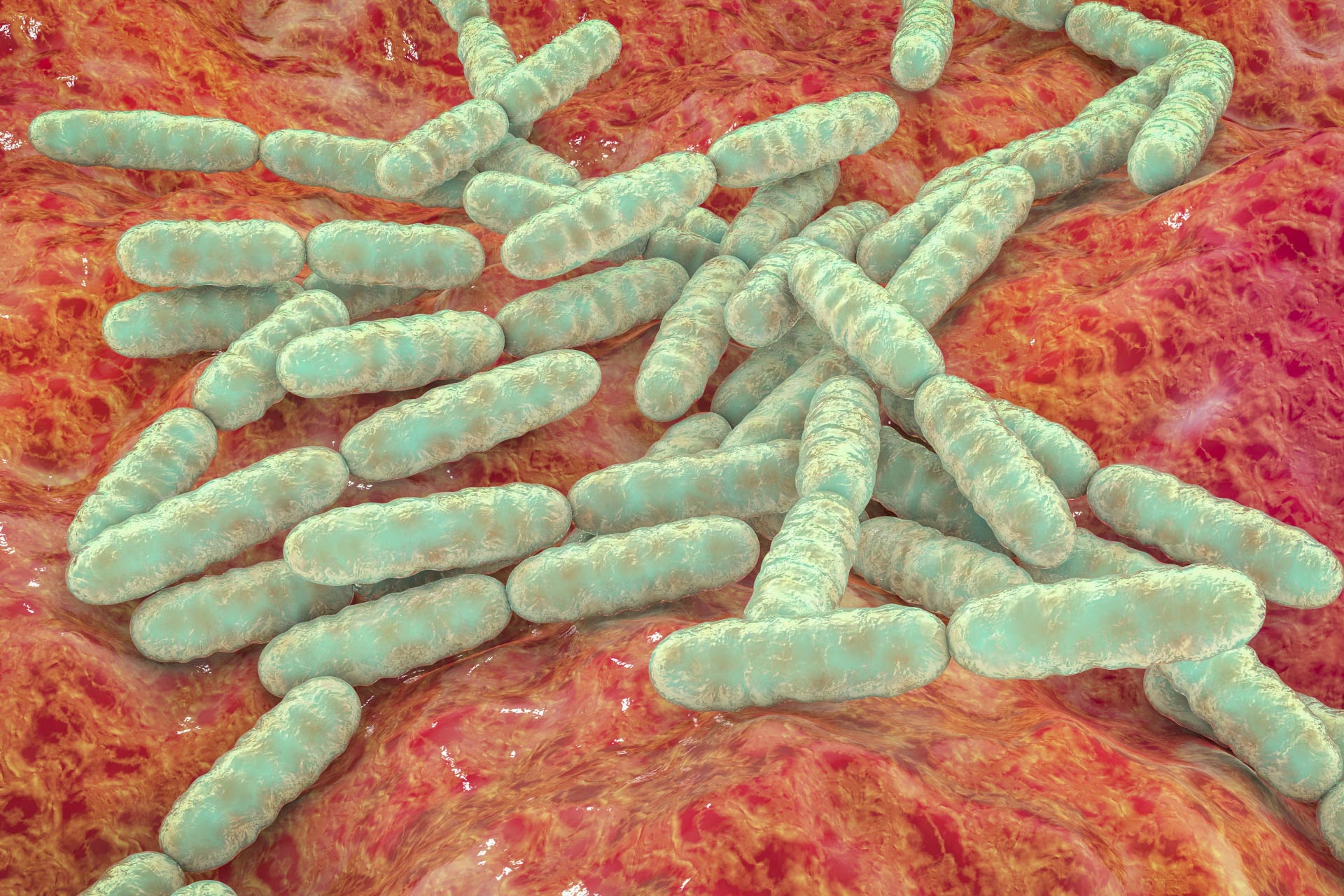• Social behavior
• Microbe-inspired therapies
What is already known on this topic
Several studies have shown that the trillions of bacteria living in the gut could influence brain and behavior, and might be linked to a score of brain conditions. But the mechanisms through which host and microbial factors regulate complex behaviors remains poorly understood.What this research adds
Working in mice, researchers have found that hyperactivity is controlled by the animal’s own genetic makeup, whereas social behavior deficits are influenced by the gut microbiota. Feeding mice a specific species of bacteria — a probiotic called Lactobacillus reuteri — resulted in improved social behavior. That’s likely because treated mice showed increased levels of a hormone associated with pleasure and bonding in the brain area that controls reward.Conclusion
The study suggest that gut microbes could contribute to certain symptoms associated with neurological conditions. The findings might also help to develop microbe-inspired therapies to treat such conditions.
The trillions of bacteria living in the gut have been associated with a score of changes in brain function and behavior. Now, a study done in mice links gut microbes to specific brain conditions.
The study, published in Cell, suggest that gut microbes could contribute to certain symptoms associated with neurological disorders. The findings might also help to develop microbe-inspired therapies to treat such conditions.
“In my wildest dreams, I could have never imagined that microbes in the gut could modulate behavior and brain function,” says study senior author Mauro Costa-Mattioli at Baylor College of Medicine. “To think now that microbial-based strategies may be a viable way to treat neurological dysfunction is still wild, but very exciting.”
Studies have linked the gut microbiota to several brain conditions, but the mechanisms through which host and microbial factors regulate complex behaviors remains poorly understood. To address this question, Costa-Mattioli and his colleagues studied mouse models for neurodevelopmental disorders. These animals display social deficits and hyperactivity as well as alterations of their gut microbiota similar to those observed in people with autism.
Social behavior
Previous results from the same team showed that mice whose gut was colonized only with a specific species of bacteria — a probiotic called Lactobacillus reuteri — showed less social deficits than control mice. So, the researchers fed L. reuteri to their mouse models for neurodevelopmental disorders.
Once the microbe colonized the mouse’s gut and became part of the intestinal microbiota, the mice showed improved social behavior. However, the treatment did not alter the animals’ hyperactivity, suggesting that the changes in the gut microbiota contribute only to social behavior. The researchers also found that treated mice showed increased levels of oxytocin — a hormone associated with pleasure and bonding — in the brain area that controls reward.
“We were able to separate the contribution of the microbiome and that of the animal’s genetic mutation on the behavioral changes,” says study co-lead author Sean Dooling. “This shows that the gut microbiome shouldn’t be ignored as an important variable in studying health and disease.”
Microbe-inspired therapies
The team found that a particular microbial metabolite, called BH4, was increased in the gut of mice treated with L. reuteri. Giving the animals the metabolite instead of the bacteria also improved their social behavior, suggesting another potential way to modulate the brain from the gut.
“As we learn more about how these bacteria work, we will be able to more precisely and effectively leverage their power to help treat the brain and perhaps more,” Dooling says.
Costa-Mattioli notes that it is still difficult to modulate human genes to treat brain conditions, but altering the gut microbiota may be a potential, non-invasive alternative. He now plans to start a trial to test L. reuteri in children with autism.









